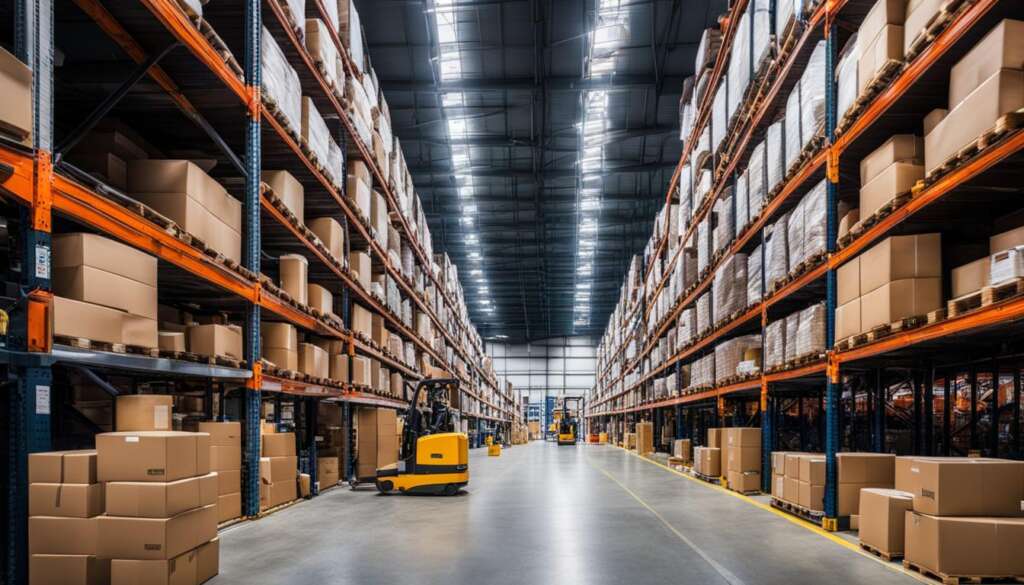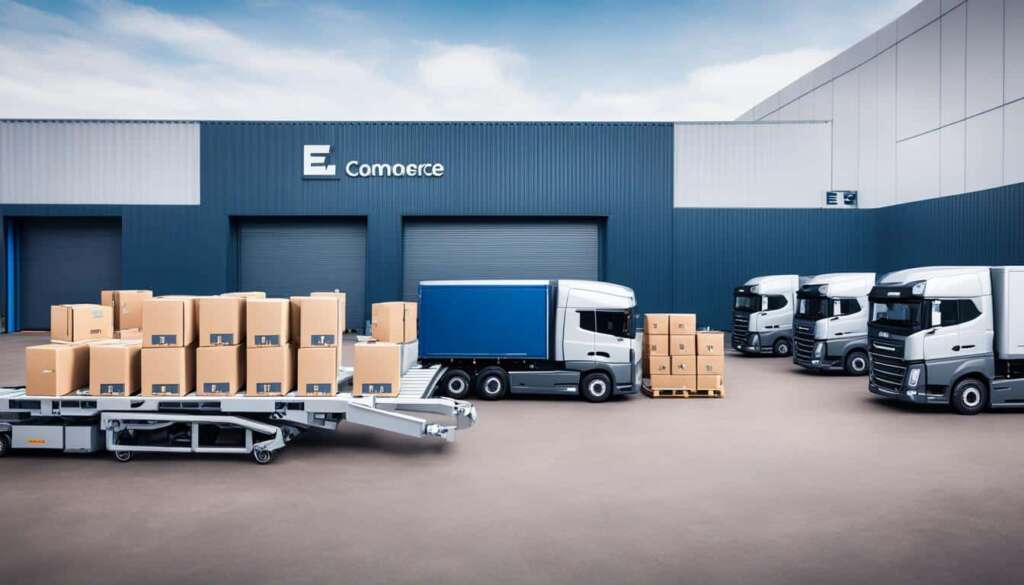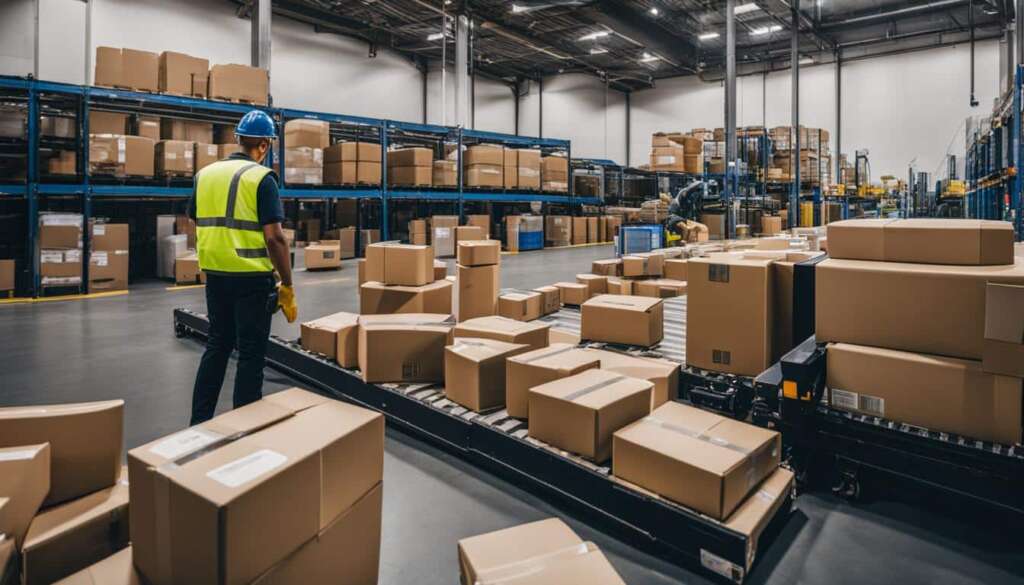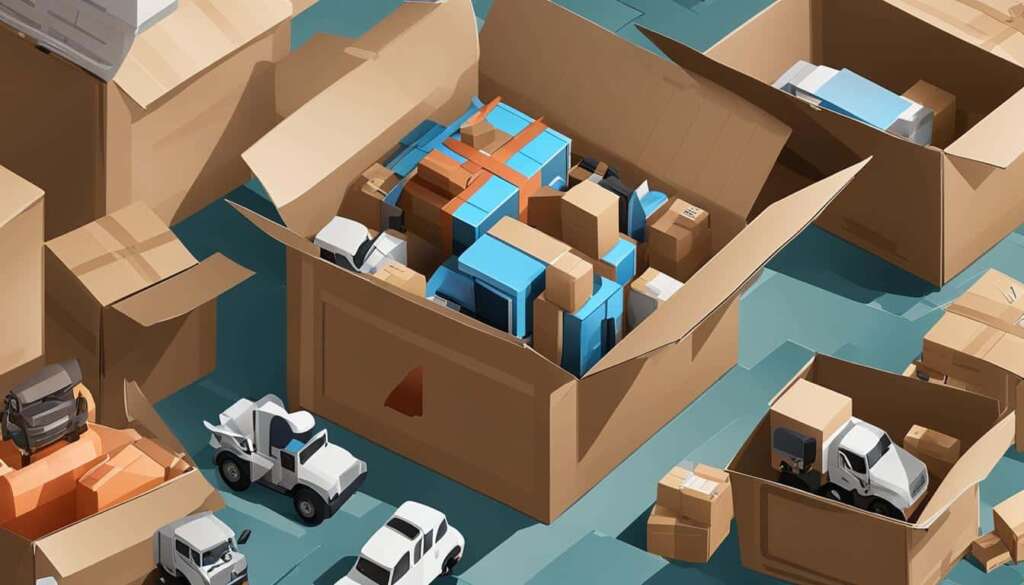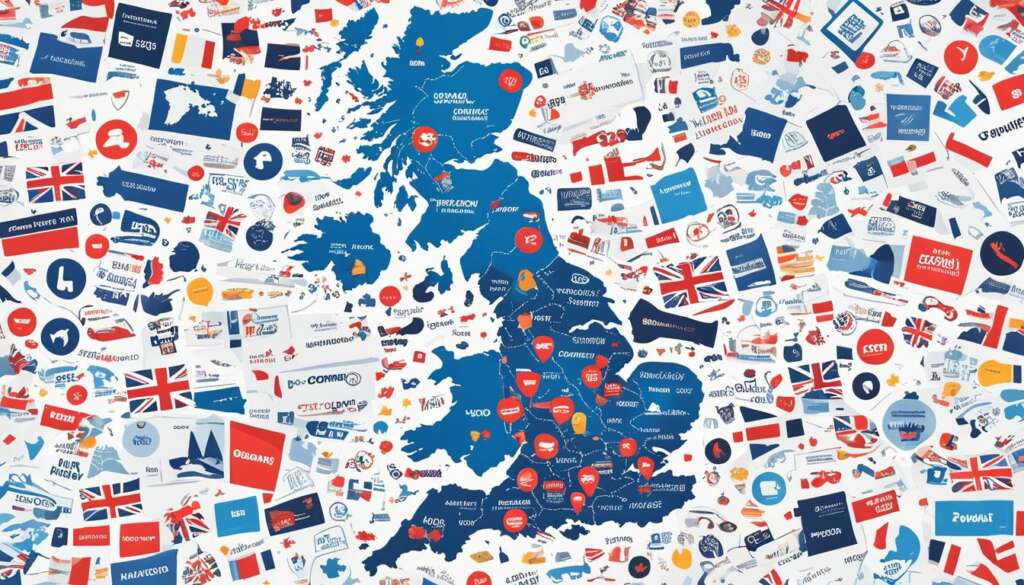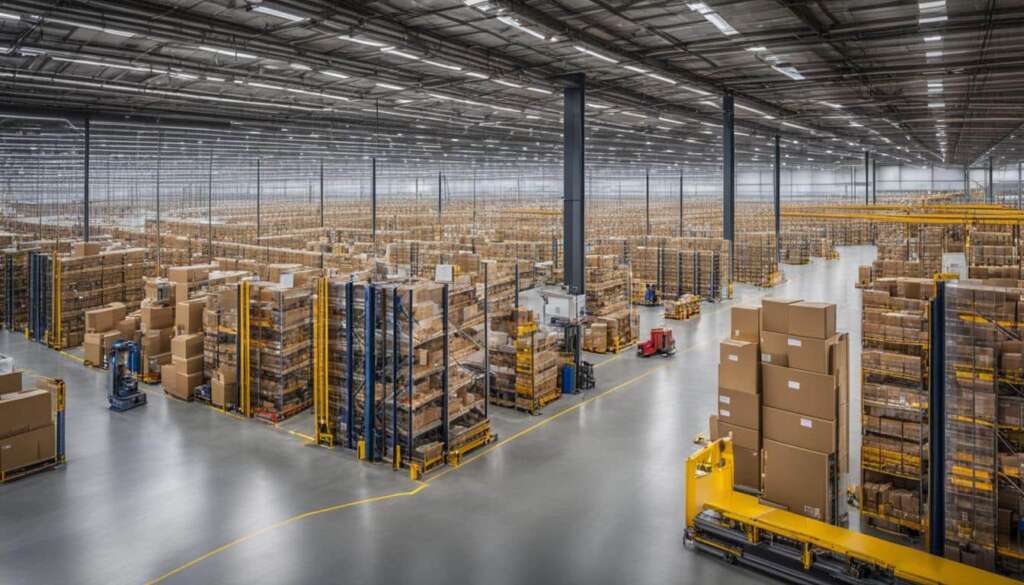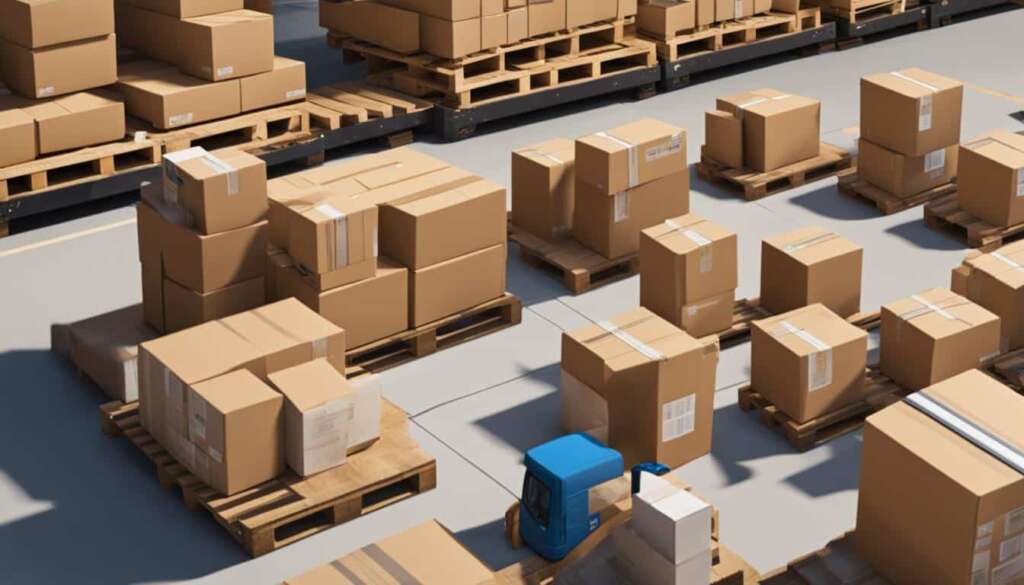Table of Contents
Are you a retailer looking to optimize your e-commerce fulfillment process? Look no further! In this article, we will explore the world of e-commerce fulfillment and provide you with valuable insights and solutions to streamline your operations.
E-commerce fulfillment is the backbone of online retail, encompassing the entire process of picking, packing, and shipping orders to customers. Effective fulfillment is crucial for retailers to provide a seamless shopping experience and build customer loyalty.
There are various e-commerce fulfillment methods available for retailers, including self-fulfillment, third-party fulfillment, and dropshipping. Each method has its own advantages and considerations, making it essential to choose the right fulfillment solution for your business.
When selecting an e-commerce fulfillment services provider, retailers must evaluate factors such as cost, location, shipping options, and additional services offered. The right provider can enhance order accuracy, reduce shipping costs, and improve customer satisfaction.
In the upcoming sections, we will delve deeper into e-commerce fulfillment, exploring different fulfillment methods and providing guidance on choosing the best fulfillment services provider for your business.
Stay tuned for valuable insights and actionable tips that will transform your e-commerce fulfillment process and drive success for your retail business!
What is Ecommerce Fulfillment?
Ecommerce fulfillment refers to the entire process of fulfilling online orders, from receiving and storing inventory to picking, packing, and shipping products to customers. It involves managing inventory, tracking stock levels, and ensuring timely delivery. E-commerce fulfillment centers are strategically located to expedite shipping and use software to efficiently manage inventory across the supply chain.
Shopify is a popular e-commerce platform that offers built-in tools to streamline order management and fulfillment for retailers.
Ecommerce Fulfillment Process
The ecommerce fulfillment process encompasses several stages to ensure seamless order fulfillment:
- Receiving Inventory: Upon receiving inventory, it is inspected, cataloged, and stored in an organized manner.
- Inventory Management: Ecommerce fulfillment centers use software to track stock levels, optimize storage space, and enable accurate inventory management.
- Order Processing: When an order is placed, the ecommerce platform notifies the fulfillment center, triggering the picking and packing process.
- Picking and Packing: The ordered products are retrieved from their respective locations, carefully packed, and prepared for shipping.
- Shipping: Once packed, the products are labeled and handed over to the shipping carrier for delivery to the customer.
- Order Tracking: Customers can track their orders throughout the fulfillment process, from shipment to delivery.
- Customer Support: Ecommerce fulfillment centers provide customer support to address inquiries, returns, and exchanges.
“Efficient ecommerce fulfillment is essential for retailers to meet customer demands and maintain a competitive edge in the online marketplace.”
Benefits of Ecommerce Fulfillment
Implementing effective ecommerce fulfillment strategies offers several benefits for retailers:
- Improved Order Accuracy: Proper inventory management ensures accurate order fulfillment, reducing the risk of shipping incorrect or incomplete orders.
- Cost Savings: Outsourcing fulfillment to specialized providers can help retailers save on warehousing, labor, and shipping costs.
- Scalability: Ecommerce fulfillment services can handle increasing order volumes, allowing retailers to focus on other aspects of their business.
- Fast and Reliable Shipping: Optimized fulfillment centers located strategically enable timely delivery, meeting customer expectations for quick shipping.
- Enhanced Customer Satisfaction: Efficient order processing, accurate inventory tracking, and reliable shipping contribute to a positive customer experience, fostering loyalty and repeat purchases.
Ecommerce Fulfillment Solutions: Shopify
Shopify is a leading ecommerce platform that provides built-in tools to streamline order management and fulfillment for retailers. With Shopify, retailers can:
- Manage inventory levels and stock notifications.
- Automate order processing and tracking.
- Integrate with shipping carriers for simplified label printing and rate calculation.
- Offer multiple shipping options to customers.
- Customize packing slips with branding elements.
Shopify’s robust fulfillment capabilities make it an ideal choice for retailers looking to optimize their ecommerce operations.
Different Ecommerce Fulfillment Methods
When it comes to ecommerce fulfillment, retailers have several methods to choose from. Each method caters to different business needs and can greatly impact operational efficiency and customer satisfaction. Here are the three main ecommerce fulfillment methods:
1. Self-Fulfillment
Self-fulfillment is a popular choice for small businesses or those with unique packaging requirements. With self-fulfillment, retailers handle all aspects of fulfillment in-house, including inventory storage, order picking, packing, and shipping.
2. Third-Party Fulfillment
If a retailer’s order volume starts to increase, third-party fulfillment becomes a viable option. With this method, retailers partner with third-party logistics (3PL) providers who specialize in warehousing, inventory management, and order fulfillment. By outsourcing these operations, retailers can focus on core business activities and leave the logistics to the experts.
3. Dropshipping
Dropshipping is a fulfillment method that involves outsourcing the entire fulfillment process. Retailers collaborate with manufacturers or distributors who hold inventory and directly ship products to customers. This eliminates the need for retailers to handle physical inventory, making it an attractive option for businesses looking to minimize upfront costs and inventory management.
Each ecommerce fulfillment method offers unique advantages and considerations. Retailers should evaluate their business requirements, budget, and growth plans when choosing the most suitable method for their operations.
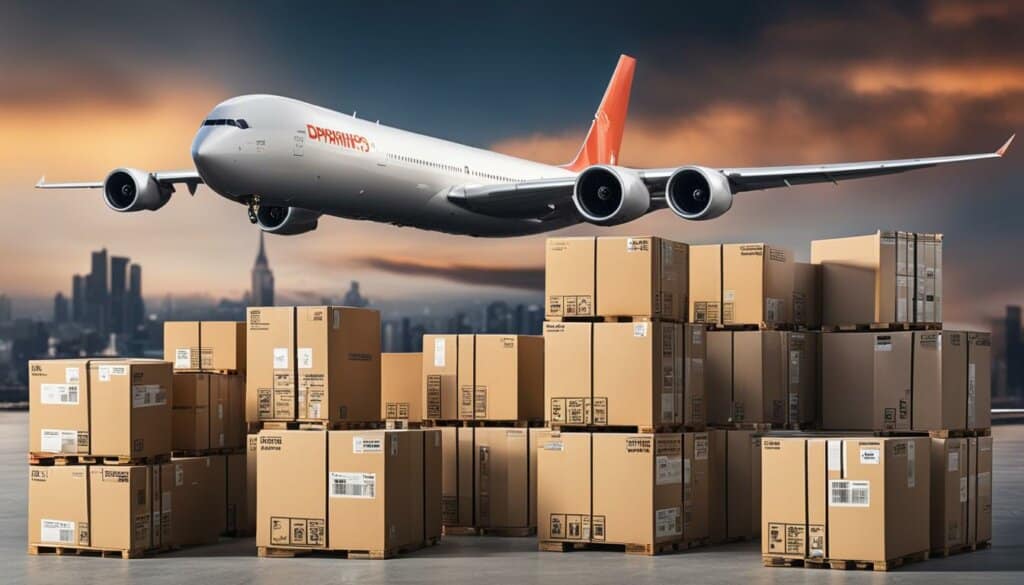
Choosing the Best Ecommerce Fulfillment Services Provider
When selecting an e-commerce fulfillment services provider, retailers should consider several crucial factors. These include cost, location of fulfillment centers, shipping options, and additional services offered. By carefully assessing these aspects, retailers can find the ideal ecommerce fulfillment services provider that aligns with their specific business needs.
One notable option for Shopify store owners is the Shopify Fulfillment Network. This top-notch ecommerce fulfillment services provider offers a range of benefits, including affordable two-day shipping, delivery date displays, customizable packing slips, and seamless inventory management. The Shopify Fulfillment Network is designed to enhance the ecommerce experience for both retailers and customers.
Aside from the Shopify Fulfillment Network, there are other excellent ecommerce fulfillment services providers available in the market. Some notable names include:
- ShipBob
- Fulfillify
- Shipfusion
- Whiplash
- Ships-a-Lot
- eFulfillment Service
- Ingram Micro Commerce and Lifecycle Services
However, it is essential for retailers to evaluate each provider thoroughly before making a decision. Comparative analysis of pricing, features, and customer reviews will help determine the best fit for the business.
Choosing the right ecommerce fulfillment services provider is a critical decision that can significantly impact a retailer’s operations and customer satisfaction. Conducting thorough research and analysis will enable retailers to make an informed choice, ensuring efficient fulfillment processes and a seamless shopping experience for their customers.
| Provider | Pricing | Features | Customer Reviews |
|---|---|---|---|
| Shopify Fulfillment Network | Affordable | Two-day shipping, delivery date displays, customizable packing slips, seamless inventory management | Positive |
| ShipBob | Varies | Smart inventory management, 2-day shipping, dedicated support | Mixed |
| Fulfillify | Custom | Order processing, kitting, API integration | Positive |
| Shipfusion | Competitive | Fast shipping, real-time inventory updates, global reach | Positive |
| Whiplash | Transparent | Real-time reporting, custom packaging, returns handling | Positive |
“Finding the right ecommerce fulfillment services provider is crucial for the success of an online retailer. It’s essential to consider not only the cost but also the quality of services and customer satisfaction.” – Retail Expert
Conclusion
Streamlined e-commerce fulfillment is crucial for retailers to meet customer expectations and drive sales. By selecting the right fulfillment method and services provider, retailers can improve order accuracy, reduce shipping costs, and enhance overall customer satisfaction. The Shopify Fulfillment Network, along with other leading e-commerce fulfillment services, offers a wide range of features and benefits tailored to meet retailers’ needs.
When evaluating fulfillment solutions, retailers should carefully consider factors such as cost, location of fulfillment centers, shipping options, and additional services offered. The Shopify Fulfillment Network not only provides affordable shipping rates and seamless inventory management, but also offers customizable packing slips and efficient returns processing. It is essential for retailers to assess their specific fulfillment requirements and explore available options to find the ideal e-commerce fulfillment solution for their business.
With efficient e-commerce fulfillment in place, retailers can significantly improve their operational efficiencies, creating a seamless shopping experience for customers and leading to increased customer satisfaction and retention. By partnering with reputable e-commerce fulfillment services providers like the Shopify Fulfillment Network, retailers can streamline their fulfillment processes and focus on growing their business successfully in the competitive online retail landscape.
FAQ
What is e-commerce fulfillment?
E-commerce fulfillment refers to the entire process of fulfilling online orders, from receiving and storing inventory to picking, packing, and shipping products to customers. It involves managing inventory, tracking stock levels, and ensuring timely delivery.
What are the different e-commerce fulfillment methods?
There are three main fulfillment methods in e-commerce: self-fulfillment, third-party fulfillment, and dropshipping. Self-fulfillment involves handling all aspects of fulfillment in-house, while third-party fulfillment involves partnering with 3PL providers. Dropshipping involves outsourcing fulfillment to manufacturers or distributors.
How do I choose the best e-commerce fulfillment services provider?
When selecting an e-commerce fulfillment services provider, retailers should consider factors such as cost, location of fulfillment centers, shipping options, and additional services offered. It is essential to evaluate pricing, features, and customer reviews to find the best fit for their business.

